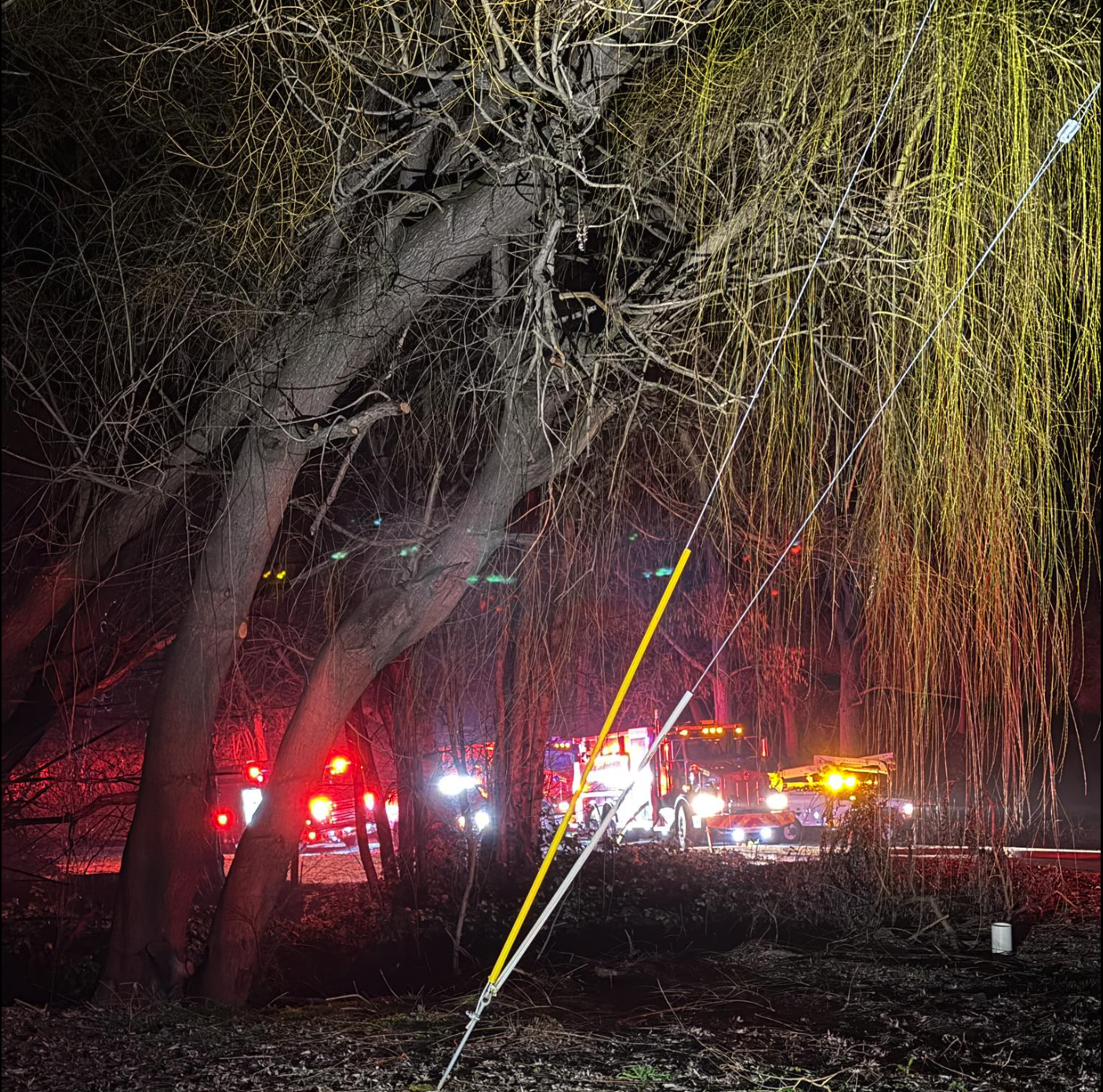Ambrosia Beetles Like To Fungal Garden - And Then Kill Your Tree
We all like to garden.
But Ambrosia Beetles like to fungal garden - and then kill your tree.
The Oregon Department of Agriculture is setting up traps around the state to look for and estimate populations of invasive pests.
And in The Dalles today they were looking for Ambrosia Beetles. The invasive species is a threat to the orchard industry in our area and, well, trees in your own yard.
They’re not that particular.
The wood boring pests like to bore into trees, live or dead, and then plant fungus that they carry on their bodies.
OMG, that’s ewwww.
The fungus helps turn the wood fiber into food for themselves and their larvae, said Jake Bodart, program manager of insect pest prevention and management with the Oregon Department of Agriculture.
The beatles extrude their excrement and cellulose, which makes straw-like sticks that stick out of the trunks of infested trees like pieces of straw.
Bodart said the beetle had been detected in The Dalles area, but “they are not established over there.”
The little buggers are spread via humans who traffic in firewood, wood for house construction and infested nursery stock. And they are little - one can fit on Abraham Lincoln’s chin on the face of a penny. Reminds me of Steve Martin’s Let’s get Small bit: “If you can crawl in a balloon, you know you're really small.” But I digress.
Bodart said Oregonians will see the insect traps all over the state and are a means of trapping a variety of invasive species.
The traps are crucial in estimating the spread of a species as well as formulating estimates on populations in areas. That information is then used to best combat invasive species through chemical, biological or physical means.











Between orchards and grocery aisles sit canneries, packing houses, cold storage facilities, and transportation networks. These are the invisible systems that keep shelves full. When one of them disappears, the system becomes thinner.